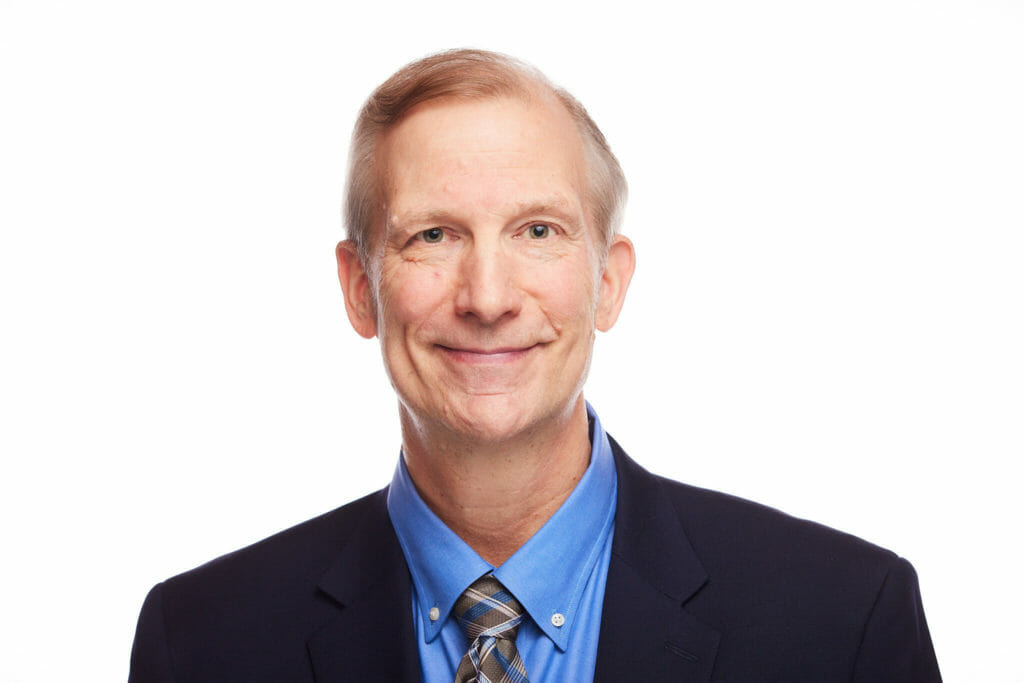
Fool me once, shame on you. Fool me twice, shame on me.
It’s a saying that’s made many rounds. It probably took The Who’s “Won’t Get Fooled Again” to dislodge it as the top “fool” utterance in popular lexicon.
When it comes to dealing with public health emergencies, it’s clear federal regulators don’t want to be considered fooled, let alone fooled again.
To nursing home operators, this should be welcome news.
From May to September last year, CMS canvassed a select, yet not necessarily elite, group of nursing homes, hospitals and critical access hospitals about their pre-pandemic emergency planning processes for emerging infectious diseases.
The regulators identified a list of characteristics deemed necessary for success. Let’s just say there are no shockers there. Kind of like Mom’s advice to brush your teeth and take your vitamins for a healthy childhood.
That’s not to say the study findings aren’t enlightening or helpful.
Some of them are quite instructive. Leadership, culture and governance were seen by virtually all providers interviewed as critical “enablers” of success. Culture, as every American has seen firsthand by now, is more than a gaseous concept. Ask any neighbor who has yearned for understanding when it’s come to mask-wearing and consideration for another person’s health status or risks.
Other lessons learned from this CMS study include that barely more than half of those interviewed had airborne diseases in their pre-pandemic emergency planning kit. Bet that won’t happen again.
It also became apparent, according to the trio of respected CMS leaders writing in NEJM Catalyst | Innovations in Care Delivery, that those who fared best with emergency planning had put pros in charge and didn’t look for “off the shelf” solutions.
Some old-fashioned elbow grease and street-type hustling also didn’t hurt, is my observation. If the pandemic-induced early 2020 frenzy to get PPE for frontliners taught me anything, it’s that even top industry leaders weren’t above quiet, behind-the-scenes finagling for materials. Slap an “I got mine!” sticker on those self-preservationists, to put it politely.
But make no mistake: There’s good news for skilled nursing providers out of this CMS study of emergency preparedness during public health emergencies. Federal health officials declare outright that it is critical to get local providers like nursing homes more involved in local planning efforts from here on out.
It seems that besides the uncomfortable spotlight that COVID-19 shined on nursing homes, they’ve now also earned some political street cred. At least in authoritative health circles. Nursing homes should be more integrated in local, state and federal planning efforts, the CMS authors point out in plain language.
Of course, that’s a message long known by anyone working on eldercare’s front lines. Yet there are still mass media headlines that tend to inflame others in the general public. There are still those who would rather imply that nursing homes lit the pandemic match rather than recognize they were consumed by its flames more than anyone else.
Providers can only hope that more respected lines of thought carry the day.
For as it’s been said, if a million people say a foolish thing, it is still a foolish thing.
James M. Berklan is McKnight’s Executive Editor.
Opinions expressed in McKnight’s Long-Term Care News columns are not necessarily those of McKnight’s.




